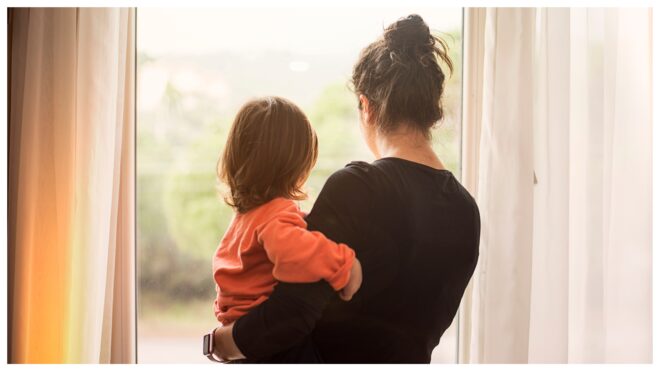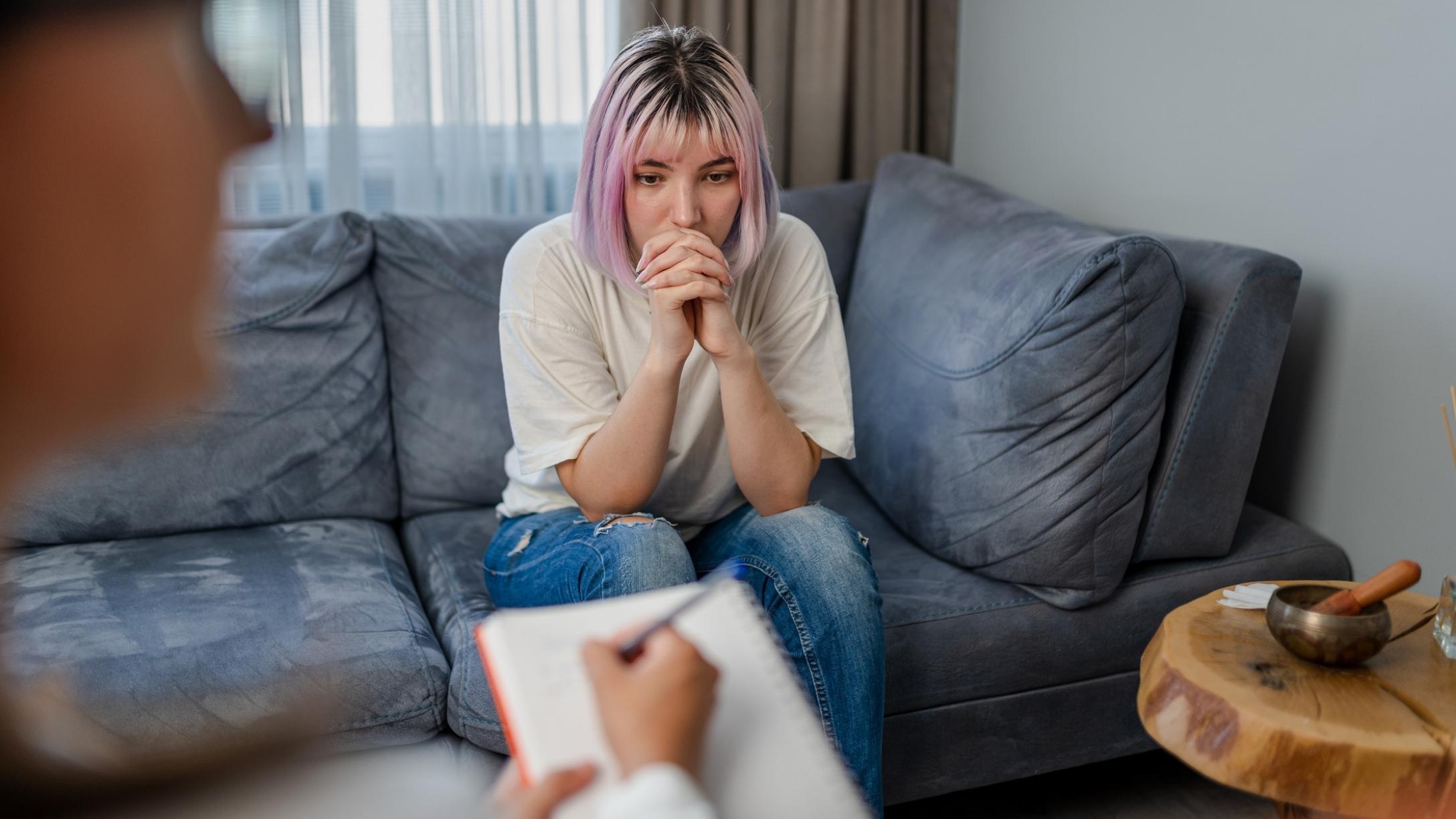
The last few years have pushed a lot of people to their limit. We've felt stress and anxiety in ways we couldn't have previously imagined.
For many people, this has brought up past trauma. There are also a lot of people who have experienced the pandemic as a traumatic experience for how it has affected them personally. As more and more people reckon with their mental health, they're searching out the benefits that come with self-care.
Mental health advocate Samantina Zenon recently spoke with LittleThings about how self-care can help us heal and why it's important to prioritize.
Prioritizing self-care is important, even in the face of a world that makes it feel impossible.
Family obligations, professional obligations, and so many other things life throws our way can make taking time out to listen and tend to ourselves feel impossible, especially if you're carrying past family trauma with you as a parent.
"We are conditioned to who we are based on our environment and family dynamics," Samantina explains.
"We have to learn to listen to our body. That's one important thing that I learned from going to therapy. Taking care of everyone else and forgetting about my own existence was a disservice for myself, especially when dealing with toxic family members who were never satisfied."
From a financial perspective, self-care can also feel like it crosses into selfishness.
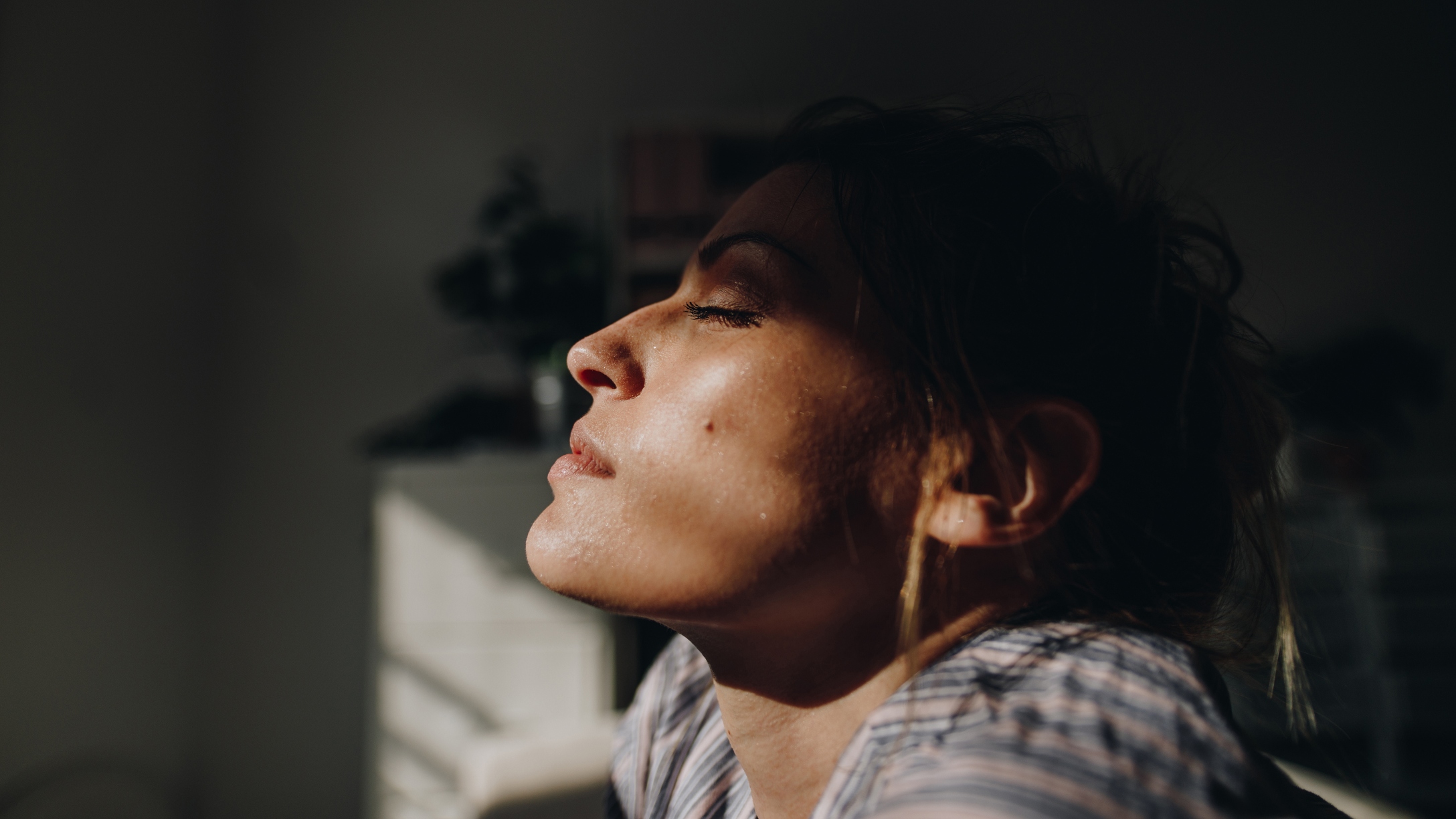
"When it comes to taking care of yourself, it does not mean spending money," Samantina points out.
"It simply means you are being aware of your mind, body, and soul, and you are learning to treat it with kindness. That can be different things to different people. For some people, it may be working out, learning a new hobby, reading self-help books, journaling. Whatever it is, make sure it leaves you feeling fulfilled, and make sure it brings you joy."
Many people are struggling with relationships since the pandemic began.
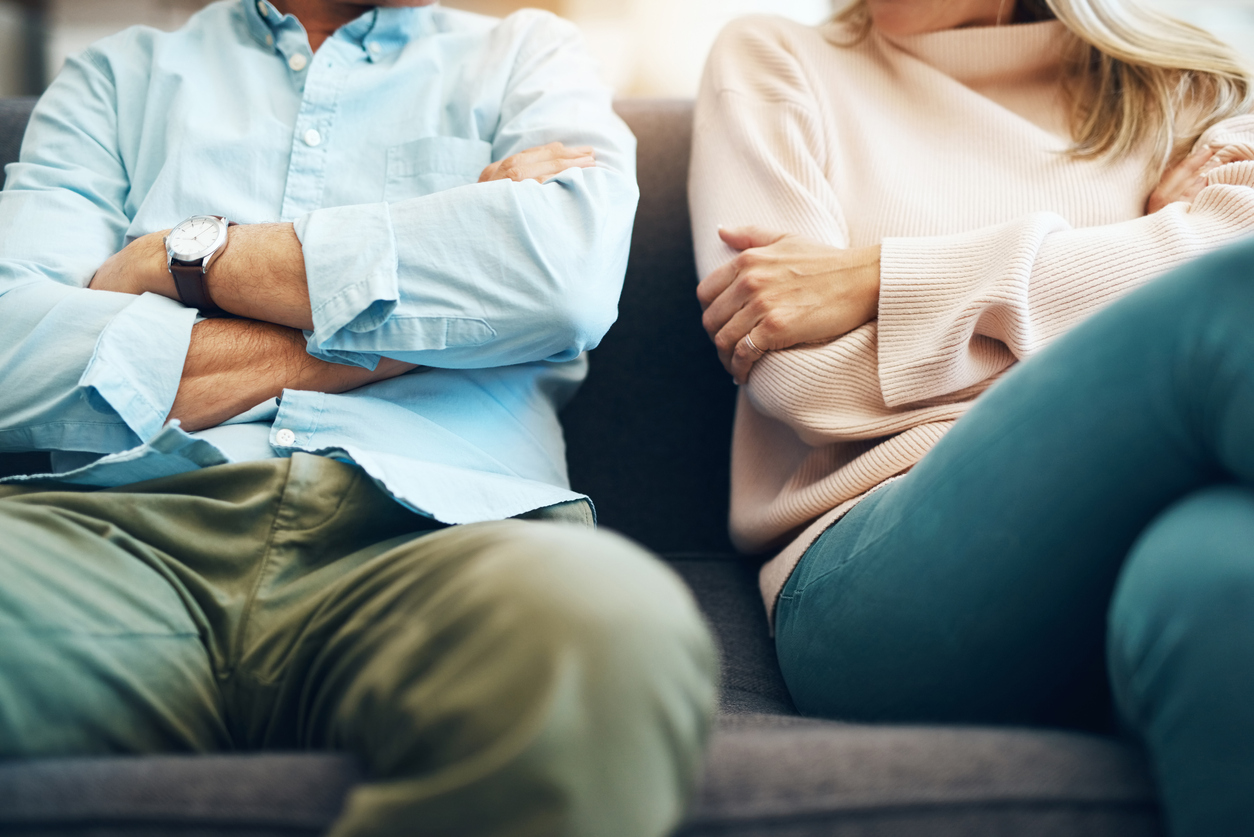
The uncertainty of the pandemic introduced new stresses to some relationships, while exacerbating existing ones in others. Yet sometimes, working on that requires self-care, which both partners might not agree on.
"Self-care is a [lifelong] journey. It is important to get to the root of these issues, because it may open your eyes about whether this relationship is good for you or not," Samantina notes.
"Since the pandemic, domestic violence has gone through the roof. The thought of being stuck at home with someone who would rather focus on ripping you apart than compromising in this unprecedented time should be a huge red flag for your self-care. Take time to reflect on yourself and your relationships, whether it's with family members or romantically."
Self-care also requires being honest with yourself.
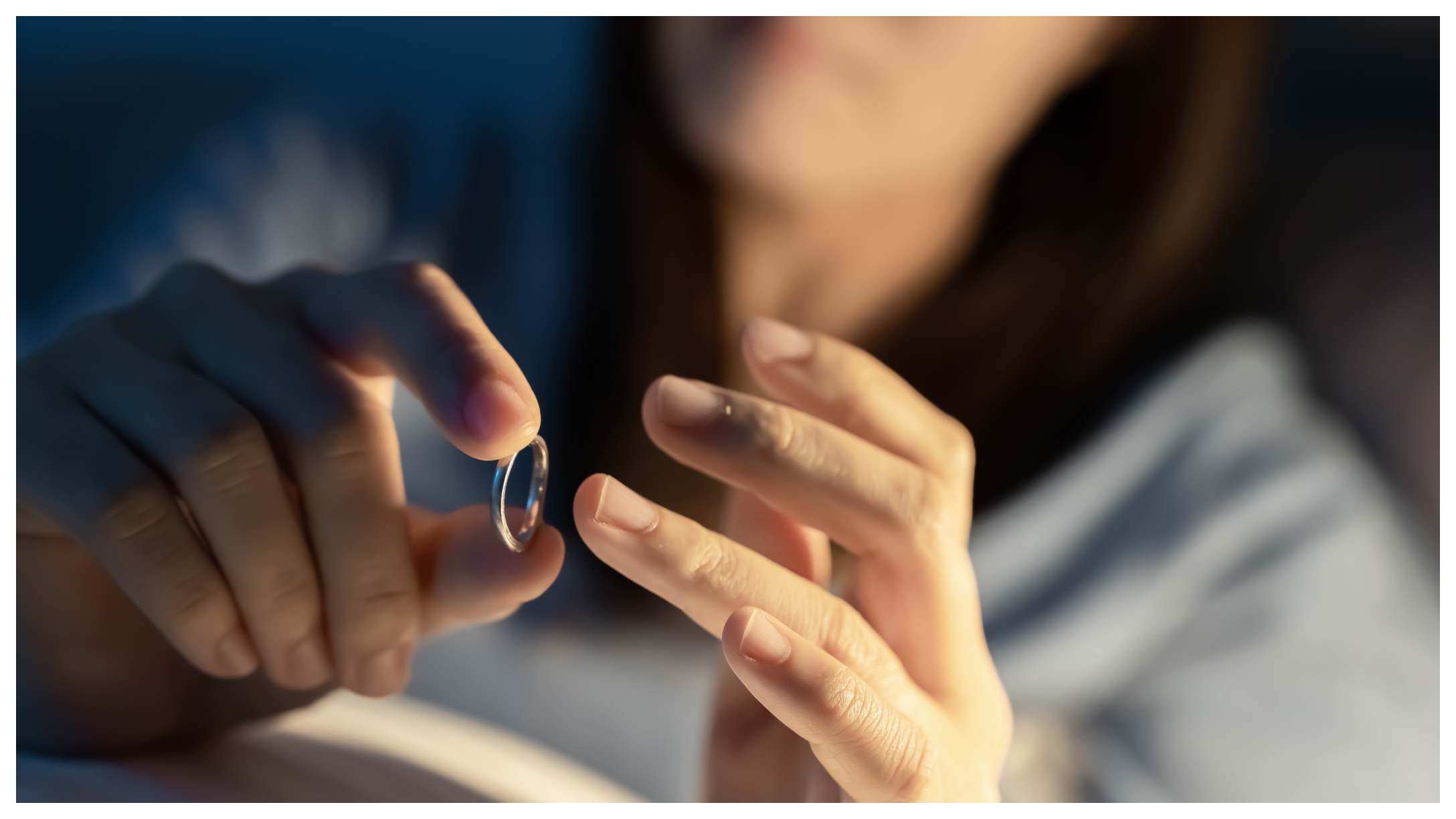
Self-care will help you come to an honest place with yourself, which sometimes requires coming to terms with hard truths.
"The pandemic has been a real test on relationships, and many of them have ended for the better," Samantina shares.
"I truly feel we are going to come out of the pandemic not only resilient but with a new life perspective on what should truly matter."
Some couples don't see eye-to-eye on the need for self-care, but that can be worked out.
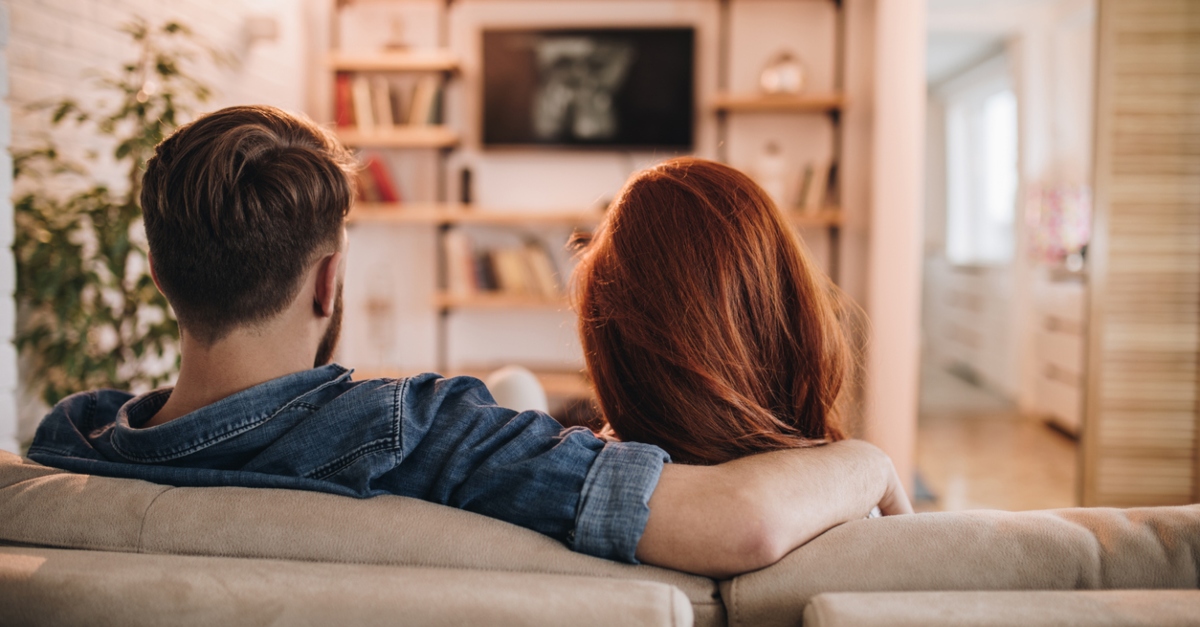
"If you are in a healthy relationship, your partner shouldn't be against you caring for yourself," Samantina notes.
"I feel like many people don't realize self-care can also be done with partners. And if you prefer to do your activities alone, have a schedule planned out for yourself and your partner. For example: Thursdays might be for your yoga and painting classes, while he wants to watch the football game alone on Sundays."
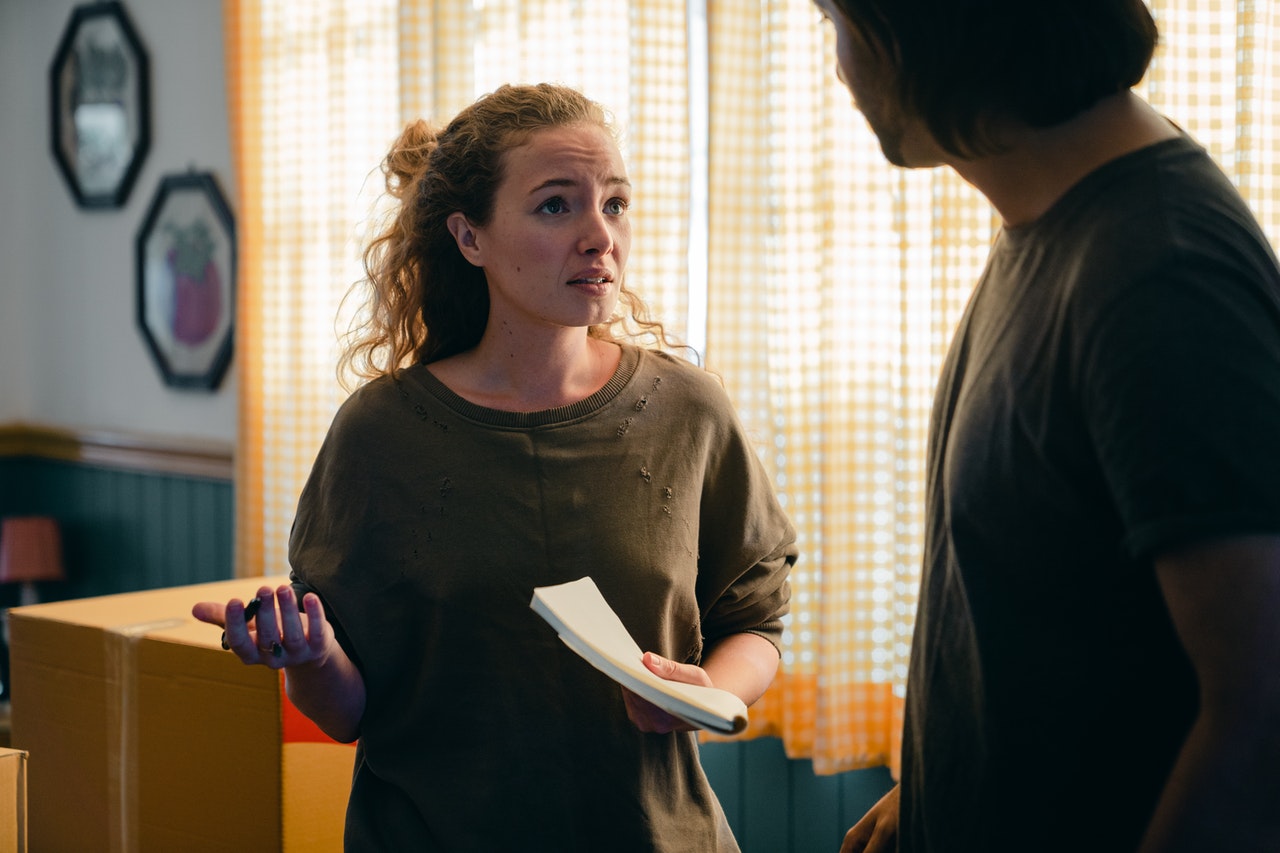
"The most important thing in communicating is listening to understand each other," she continues.
"Oftentimes, people get defensive and feel attacked instead of trying to understand the other person's point of view, which can lead to unnecessary arguments."
Many women are also finding themselves at professional crossroads.

Many workplaces have picked up on self-care like a buzz topic. In other words, while they talk the talk, they may not walk the walk. A lot of women find themselves in professional situations that say they support self-care and mental health or wellness practices but make achieving that complicated while surviving and thriving in the workplace. Sadly, the health care industry is a place that this is being experienced by many, Samantina notes.
"I know a woman who was fired from her health care job because she had COVID-19 and was out for two weeks," she shares.
"There is absolutely no work/life balance."
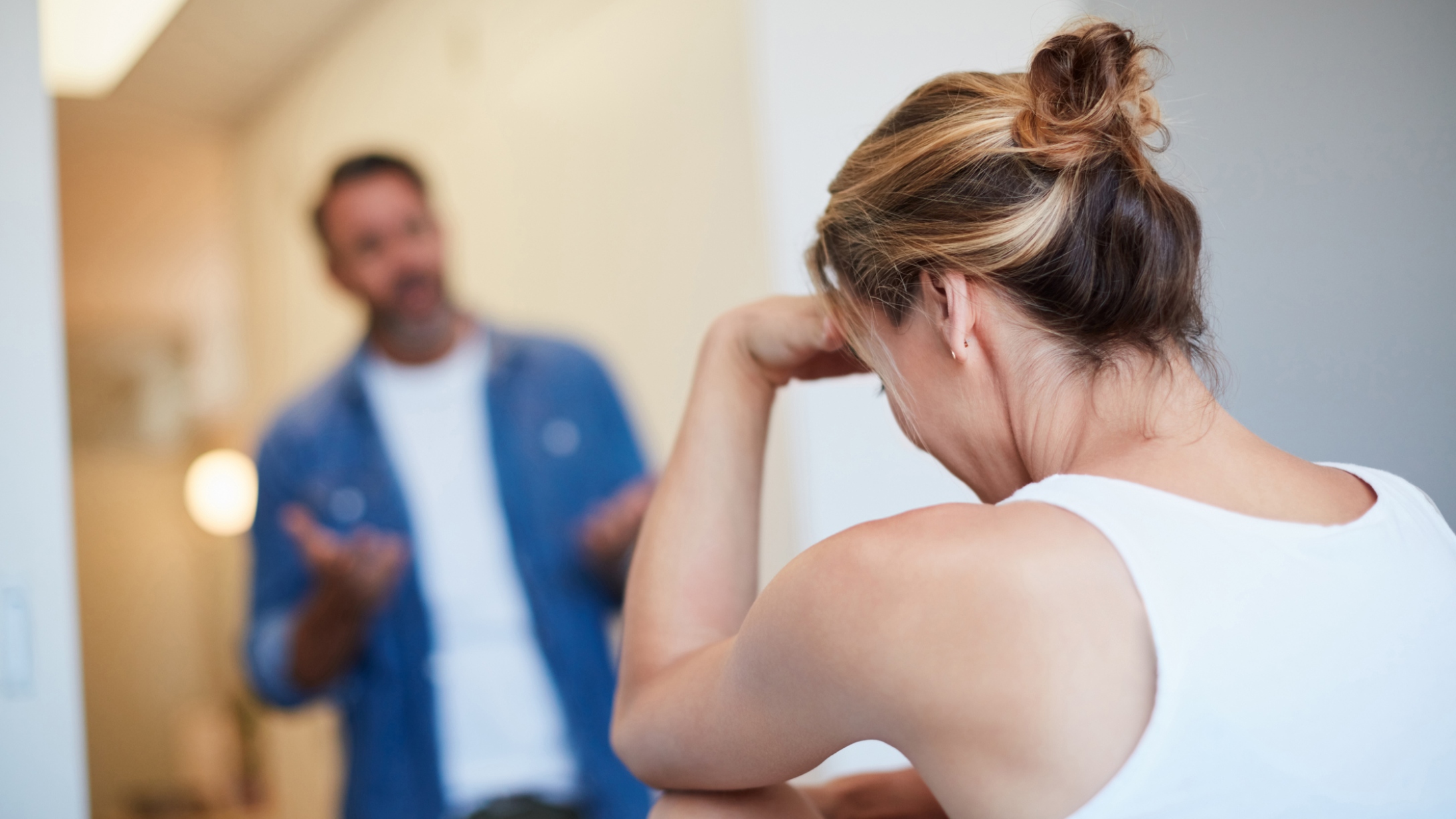
"Many of the higher-ups … don't want to be bothered. If you reach out to them about anything, they never get back to you," she continues.
"That kind of work environment creates more problems in the workplace. It leaves employees feeling unmotivated, burned out, and unappreciated."

Samantina advises women to speak up for themselves in settings that could inspire others to join them.
"One of the ways women can advocate for themselves could be by bringing up concerns in staff meetings," she suggested.
"I am sure many people are feeling the same way but are afraid of speaking up. And if there are no changes, start looking for a new job. So many people have quit their jobs over the pandemic because many employers act like if they are paying you, they can treat you however they want."
While working as a COVID-19 case investigator, Samantina got some rare perspective on how families, particularly mothers, were faring during the pandemic.
She quickly saw that these women were overwhelmed with the sheer number of tasks they were asked to juggle.
"I remember a mom trying to bribe me to see if she can still send her kid to school after I called her to let her know her son has to be in quarantine," she recalls.
"Schooling has been very inconsistent. Whenever there is a case at a school, the school or classrooms get shut down. Ultimately, the kids are not really learning much, and keeping them at home does not really help them with much social skills. Either way, it's bad."
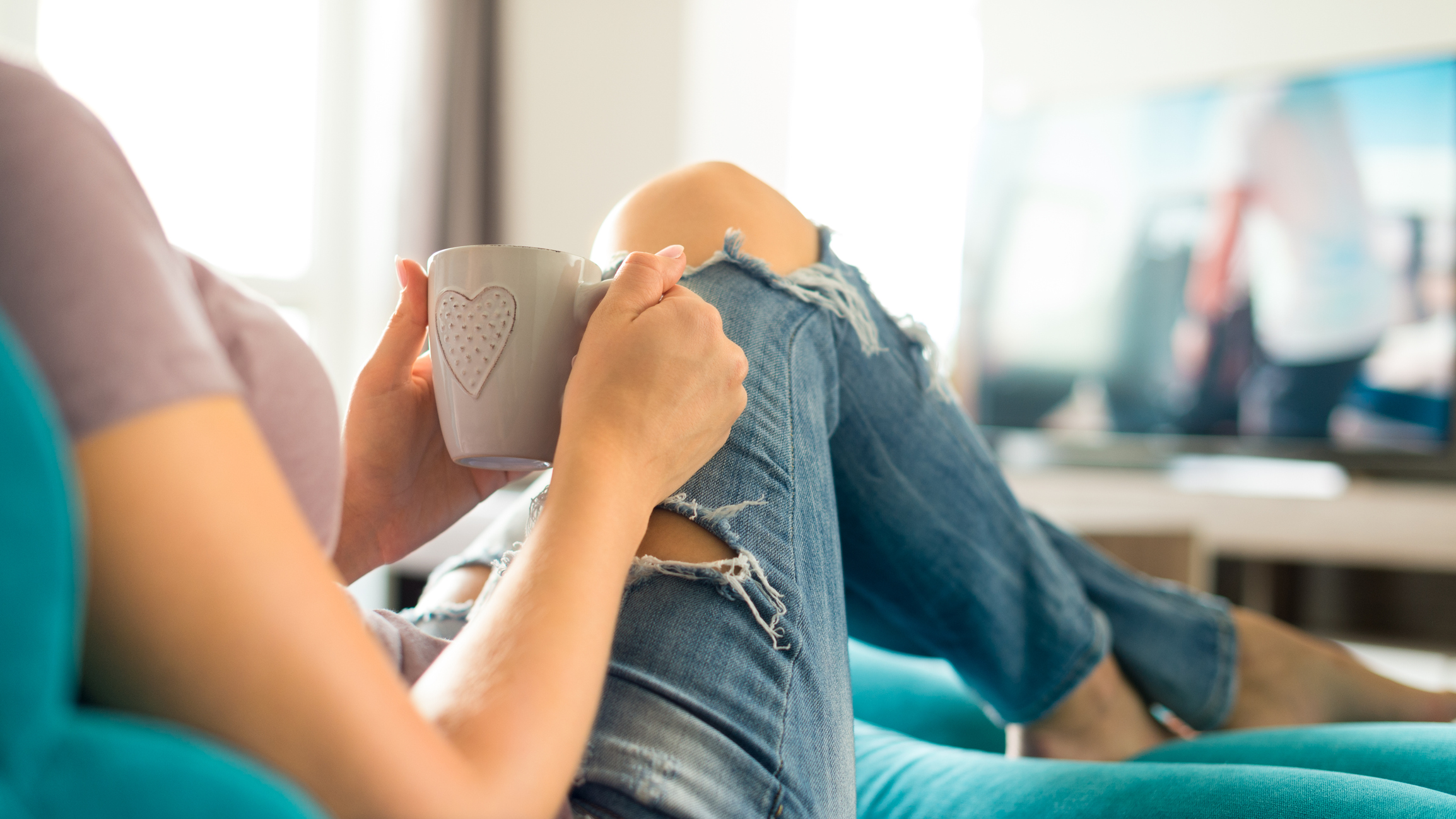
When it comes to taking care of ourselves in this overwhelming time, Samantina again reminds us of the importance of starting with ourselves.
"We cannot pour from an empty cup. It's that simple."

